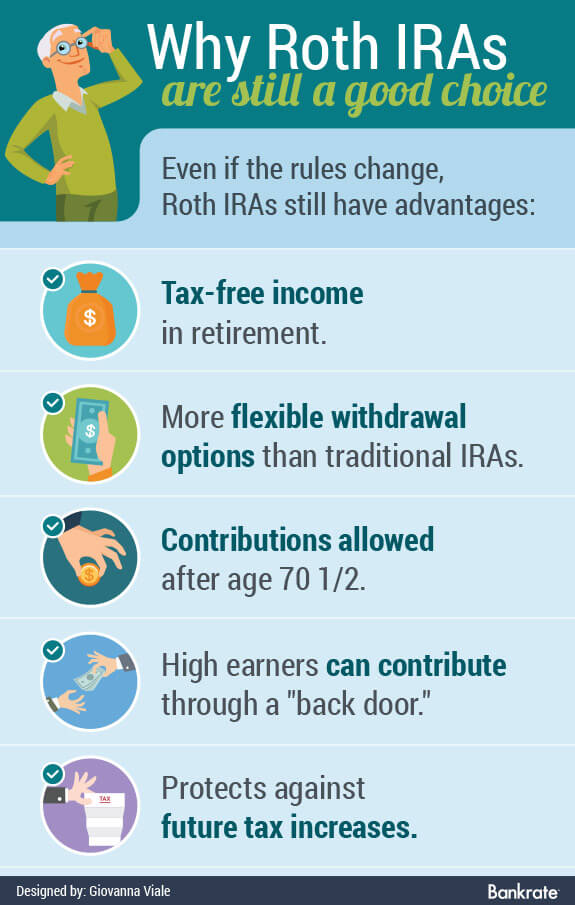Most people see 65 as the standard retirement age. It's not necessary to wait that long, with retirement possible as early as 50 or even earlier. We know we don't want to wait until 65, and you shouldn't have to either.
The exact amount a given individual needs to save for retirement varies greatly. The general rule is save enough to generate about 80% of your pre-retirement income in interest as shown in this Forbes piece, but some can make do with less. So, assuming you make $50,000 a year and will need the full 80%, that's an income around $40,000 year.
That same Forbes piece explains that about 4% (or 1/25) of your total portfolio can be safely withdrawn each year. Again, this is a ballpark figure, but most smart investors can easily see 6% to 10% returns each year so 4% is a safe withdrawal rate. Using the $40,000 example, $40,000 x 25 = $1,000,000. The required portfolio for retirement must also be adjusted for inflation, which pushes it to roughly $1.5 million or even higher.
Some of you probably aren't sure how to make this dream of a $1.5 million portfolio into a reality, and many sites just offer vague general advice. That's why we built this list of actions you can take to help you reach your retirement number.
Invest Early and Often
Your portfolio or retirement account will earn interest that is usually invested so you earn interest on your interest. The longer you have your money working for you the less money you have to put in directly when chasing that magic number.
So, another example using the compound interest formula. Let's say you are 25 and put $10,000 into your portfolio, which ends up earning an extra 4% of your balance at the end of each year. By the time you're 50, that $10,000 turns into $26,658. If you'd waited until you were 40, that $10,000 only turns into $14,802 by the time you reached 50.
We simplified things a bit since interest usually compounds multiple times a year and you'll probably be putting in money each year, but you get the general idea. Saving and investing early means more money later. The question now becomes, how should you be investing?
Options for Saving and Investing
You should open retirement accounts as soon as possible. Some employers do offer 401(k) accounts and match employees contributions, but for those without this benefit a Roth Individual Retirement Account (Roth IRA) is a strong beginner portfolio option. Up to $5,500 each year can be contributed to Roth IRAs with future earnings sheltered from taxes, and most banks and investment firms can help you open a Roth IRA.
Unfortunately the money cannot be withdrawn before the age of 60 with a few exceptions, but a smart investor will still be able to retire at 50 and live on other investments until their Roth IRA becomes available.

These are investments, so they inherently carry risk and the money isn't readily available for unexpected expenses. You need an emergency fund just in case, but that doesn't keep you from earning interest on that money. There are a few risk free options for saving your money, although most of these options won't pay much. Even the high end on most of these is around 1% a year.
- Savings Account - money is accessible, but lower interest rates
- Money Market Account - hybrid checking and savings account with better interest but withdrawal limits
- Certificate of Deposit - money inaccessible for a short period, but pays better interest
- Municipal Bonds - higher interest, but may fail to match inflation or rate changes and the money is unavailable for a long period
Of course, many people struggle to save simply because they believe they don't have the money available. If that's how you feel, it's time to find opportunities to save.
Spend Less Money
We've already covered this subject, but it's worth repeating. You can spend less by identifying which expenses are luxuries and which are necessities. That doesn't mean cutting all luxuries, just reducing unnecessary spending. Here's a few ways to cut expenses with minimal pain:
- Buy a slightly older phone for $100 instead of the latest model for $500 every 6 months (and keep it longer)
- Cereal and bag lunches turn $5 fast food meals into $1-$3 meals, and you don't have to skimp on flavor when buying your favorite cereal or deli meat
- Financial expert Dave Ramsey warns all his listeners to avoid new cars - they lose value quickly and you pay interest on the loan
- Carry as little credit card debt as possible. Each $1,000 in credit card debt costs $150-$250 a year in interest
Mortgages are a partial exception to debt rules. Sharing a two bedroom apartment with a roommate can be cheap, but at some point you'll need to take on a mortgage, buy a house, and pay it off ASAP. The income needed for retirement drops dramatically if your living space is already paid off.

Earn Extra Cash On The Side
This is the most basic and obvious solution when trying to save money, and there are other ways to do it than just delivering pizzas or stocking shelves. Turn your hobby into cash, be it photography, painting, or even writing your own blog. The Penny Hoarder regularly updates their site with articles about side jobs you can do for extra cash if you need help.
This list is by no means comprehensive. There's always more ways to save money and retire early. We'd love to hear the tricks that worked for you or your families, so feel free to comment with them or your thoughts on this list.



